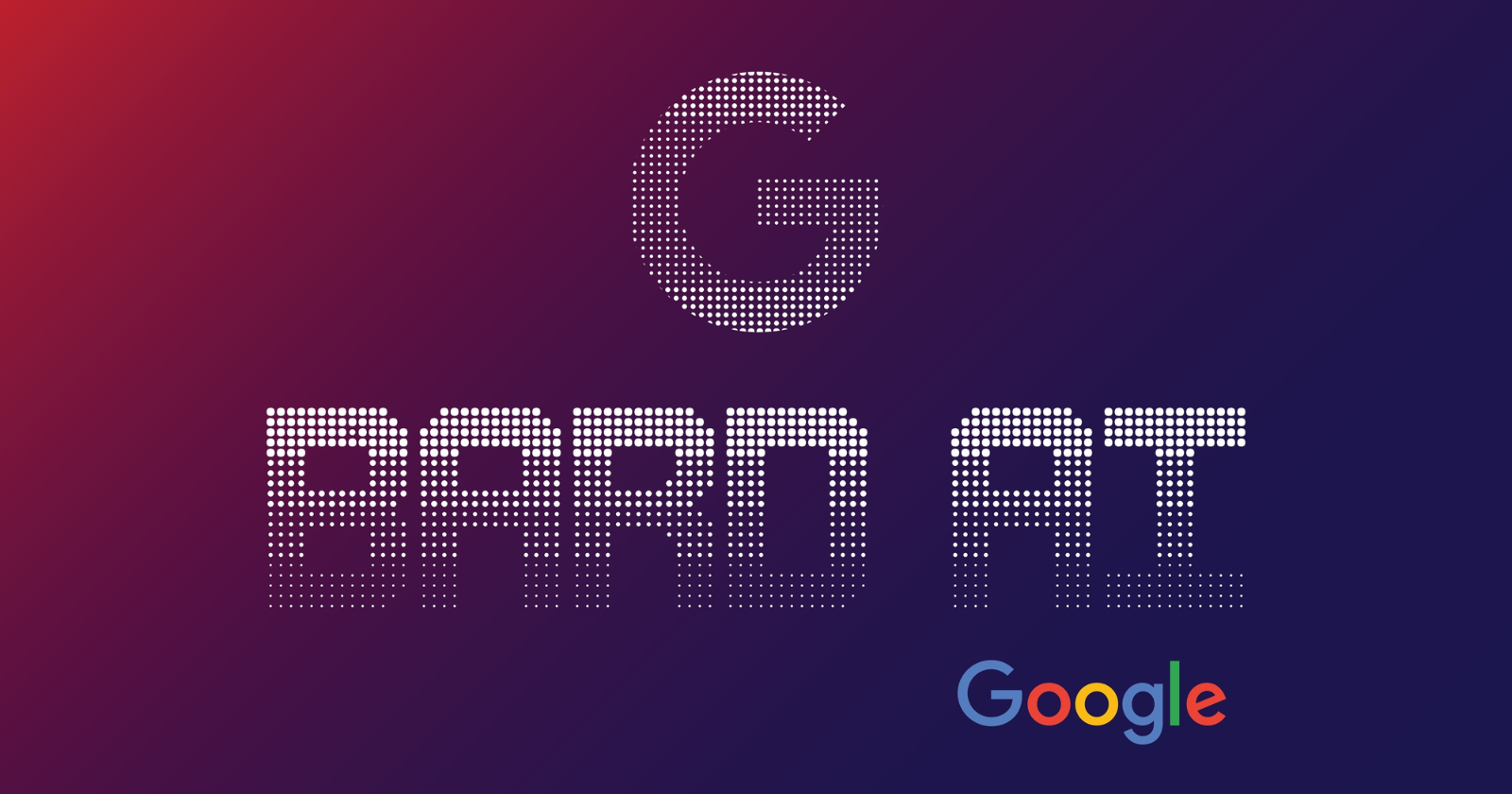Get ready for a major leap in AI technology, as Google gears up to introduce Bard Advanced, a powerful iteration of its popular AI language model, Bard. This next-gen system, powered by the groundbreaking Gemini Ultra model, promises to redefine what’s possible with AI, pushing the boundaries of language understanding, reasoning, and generation.
Key Highlights:
- Google’s next-generation AI, Bard Advanced, powered by the cutting-edge Gemini Ultra model, is on the horizon.
- Bard Advanced promises significant improvements in capabilities and performance compared to the current Bard.
- The new system is likely to be offered through a paid subscription model, marking a shift in Google’s AI strategy.
- Early indications suggest a possible integration with Google One subscriptions, raising questions about accessibility.

Bard Advanced boasts a significant upgrade over its predecessor, Bard, which is already recognized for its impressive abilities. According to Google, the new system will be able to:
- Seamlessly process and respond to complex, multi-modal inputs, including text, audio, and visuals, offering a more natural and intuitive interaction.
- Reason and infer at a deeper level, allowing for more nuanced and insightful responses to prompts and questions.
- Generate even more creative and original text formats, from poems and code to scripts and musical pieces, with enhanced coherence and fluency.
However, this advanced functionality comes at a potential cost. Unlike the current Bard, which is available to the public for free, Bard Advanced is likely to be offered through a paid subscription model. This marks a significant shift for Google, which has traditionally offered its AI tools freely.
While official details on pricing and availability have yet to be revealed, clues found within Bard’s website code suggest a possible integration with Google One subscriptions. This raises concerns about accessibility, as not everyone may be able or willing to pay for access to the advanced AI capabilities.
The potential implications of a paid Bard Advanced are multifaceted. On the one hand, it could allow Google to invest further in developing and refining its AI technology, leading to even more impressive advancements in the future. On the other hand, it could create a barrier to entry for certain users, potentially exacerbating existing inequalities in access to cutting-edge technology.
The question of whether the benefits of Bard Advanced outweigh the potential downsides remains open. However, one thing is certain: Google’s upcoming AI offering marks a significant milestone in the evolution of artificial intelligence, and its impact on the future of technology is sure to be profound.


















